
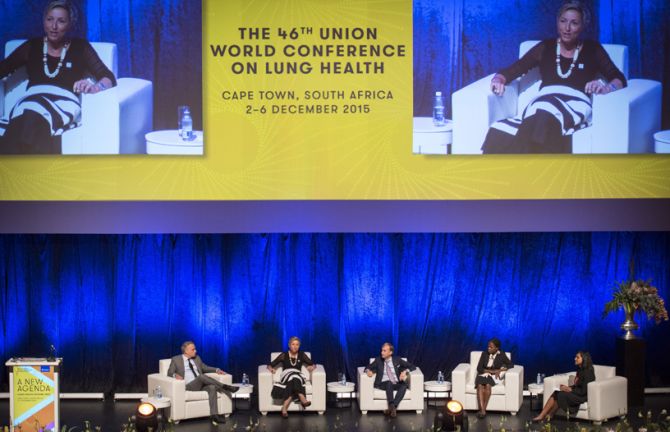

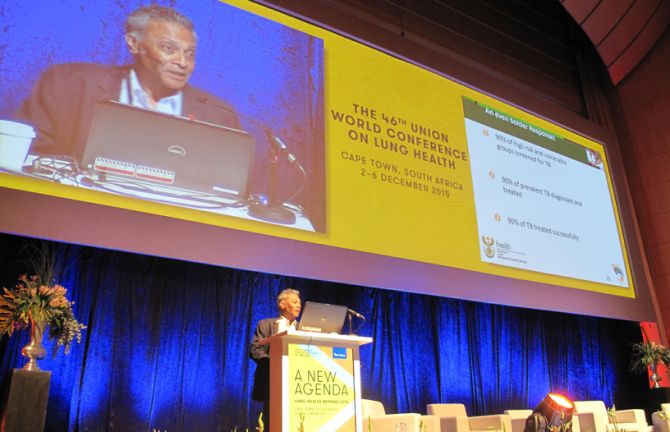
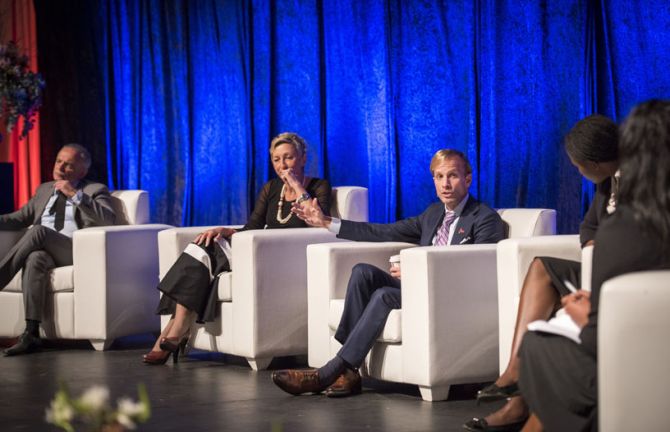
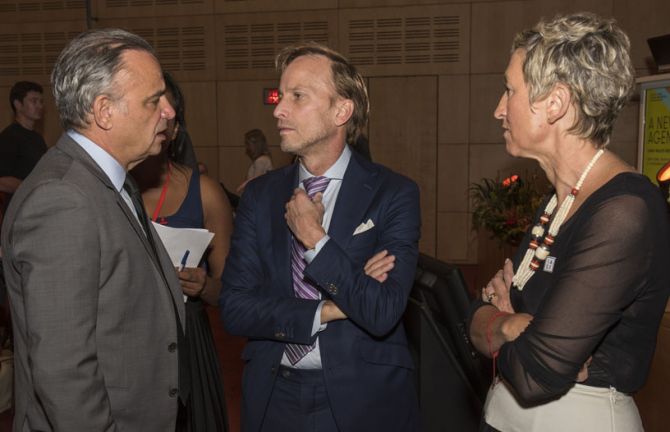
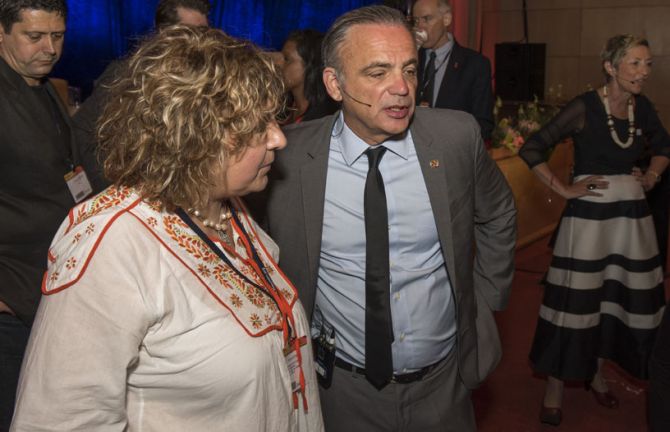
Feature Story
UNAIDS Deputy Executive Director highlights the need for greater community engagement to end tuberculosis and HIV
04 December 2015
04 December 2015 04 December 2015The Deputy Executive Director of UNAIDS, Luiz Loures, joined a high-level panel in the opening plenary of the 46th Union World Conference on Lung Health to discuss the global challenges faced in ending the linked epidemics of HIV and tuberculosis (TB) as part of the Sustainable Development Goals.
The five-day conference is being held in Cape Town, South Africa, from 2 to 6 December 2015. South Africa has the highest rate of HIV-related TB in the world, with more than 60% of people living with TB in South Africa also living with HIV.
Mr Loures stressed the need to engage and support the people and communities most affected by TB and HIV. “A people-centred, rights-based approach is essential to address HIV and TB,” said Mr Loures. “The power of change only comes when it is nurtured in the people themselves, through empowerment, outreach and inclusion.”
Constance Manwa, a survivor of multidrug resistant TB, community activist and mother living with HIV said, “Getting the community involved helps a lot. I was a patient but also gave lectures to the other patients in the community. It is important to get the message out to get tested early. People listen more to a person who has the same experience.”
Communities help in tailoring prevention and treatment services to meet the needs of people living with TB and can reach the people who are being left behind. They can also help in providing support for people living with HIV and TB to stay in care and on treatment.
Progress has been made. Since 1990, TB deaths have declined by almost 50%. However, TB is still the leading cause of death in South Africa and a leading cause of death globally. In 2014, more than one million people around the world died of TB.
“We must stop talking about problems and start talking about solutions,” said Mark Dybul, Executive Director of the Global Fund to Fight AIDS, Tuberculosis and Malaria. ‘We need new drugs, we need new diagnostics, we can definitely eliminate tuberculosis.”



